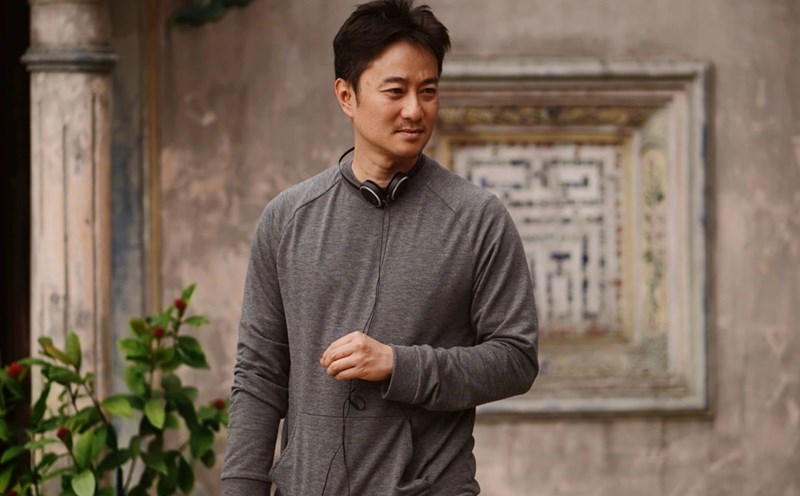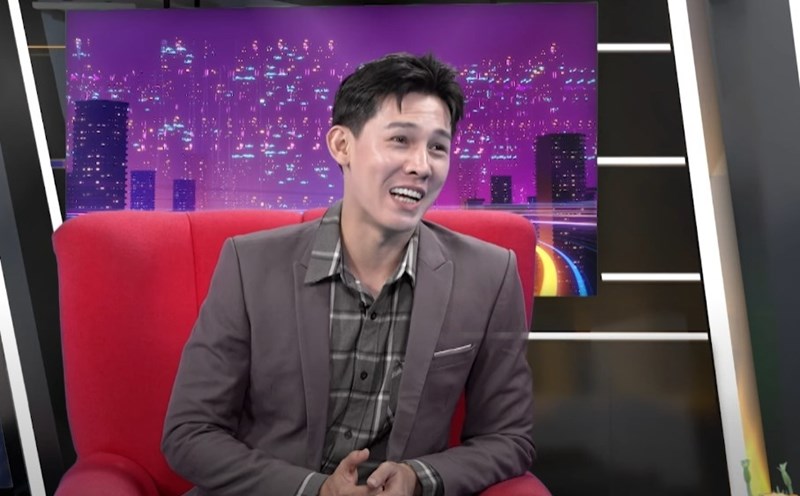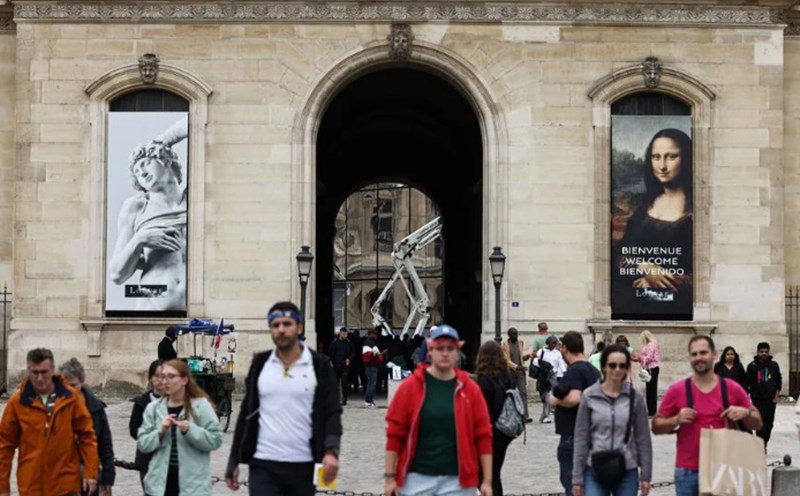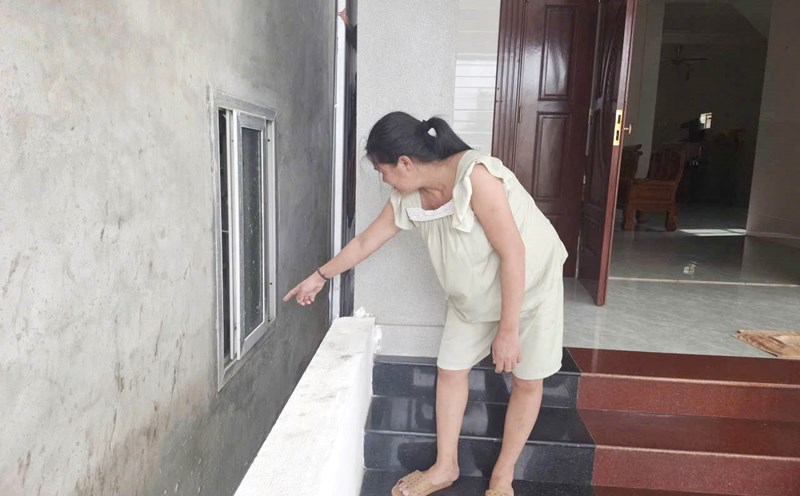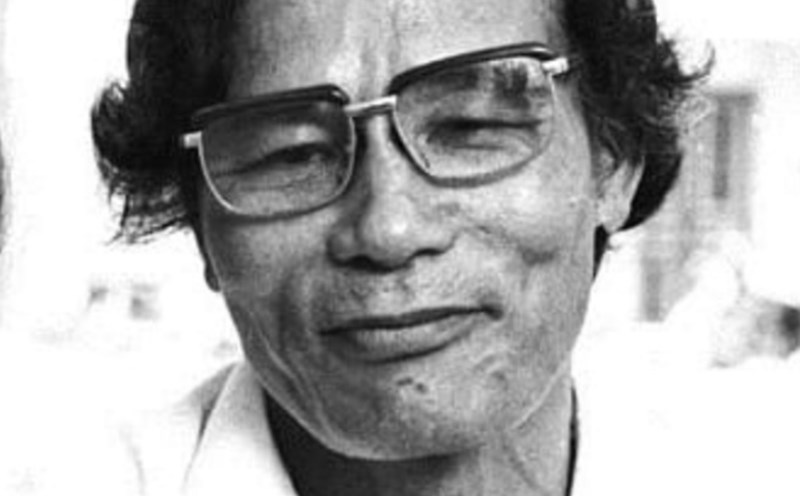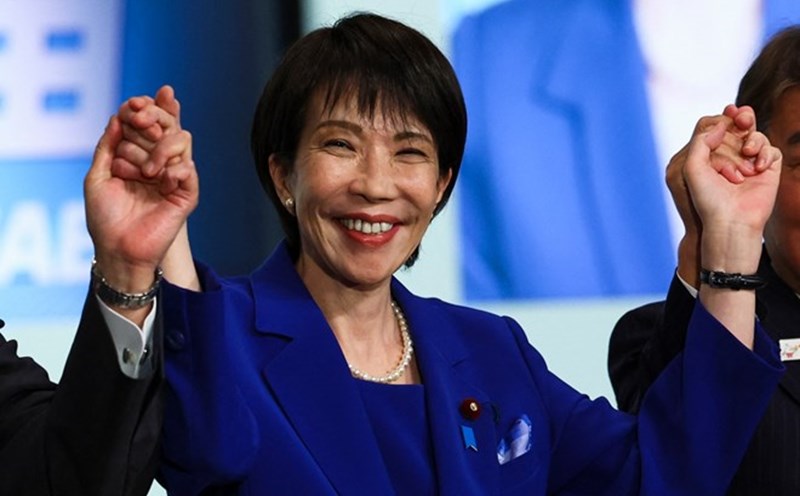Compared to films of the strong, often fierce and sometimes majestic, female directors cleverly incorporate softness, sophistication and poetry into each look, even though they still maintain the determination, even the thornyness, needed in the film.
Before the Doi Moi period, the late People's Artist and director Bach Diep had laid solid bricks for the position of women in the film industry, with emotional and humane films such as "Holy Day", "Mother's Legend", honored to receive the State Prize for Literature and Arts. Her career is a great source of inspiration for the next generation of female directors.
Entering the Doi Moi period, the film industry opens the door for many new creative thinking and the role of female directors is further affirmed. In the official film genre, People's Artist Pham Nhue Giang and director Dang Thai Huyen are two typical names. Looking at the works of People's Artist Pham Nhue Giang, viewers clearly feel the poetry and sophistication of a sensitive artist's soul, typically the two films "A wasteful valley" and "Mother's soul".
Nhue Giang's film goes deep into her inner self, exploring the spiritual world of women and small identities with deep empathy. In The deserted Valley, Nhue Giang depicts the silent sacrifice of mountain teachers in a gentle way, not tragic, but touches the hearts of viewers with small, delicate details about daily life and love for the profession and humanity.
The poetic nature of her film, expressed through the easy-going, simple storytelling, creating a soft cinematic space, has calmed down the harshness of the theme, making viewers feel the beauty of endurance and the sacred maternal love, even in sad stories like "Mother's soul" with the character of a mother filled with love.
Lieutenant Colonel and director Dang Thai Huyen affirmed the determination of women in war and post-war films. Her works such as "The Returner" and especially the recent "Red Rain" (2025), have exploited the theme of history and war, going to the fullest fierceness of war with a spirit of commitment, no less strong than men. She is willing to put herself and the film crew in a harsh environment to vividly recreate, conveying the "song of the song" about the Fatherland and people of Vietnam.
And this determination is not opposite but adds to the softness in humane details not only in Uncle Ho's soldiers when stopping and not firing when seeing the family photo of the Republican soldier falling out. Or on the other side, there was a Republican officer who stopped the soldiers from shooting a girl riding a boat carrying soldiers across the river. In the independent film genre, female directors such as Nguyen Hoang Diep with Wings in the air, Hong Anh with Ice of the Invalids and Duong Dieu Linh with Rain on the butterfly are films with very clear colors and creative impressions, winning awards at a number of international film festivals. In particular, Duong Dieu Linh delves into the problems of women in contemporary life, strong feminism with an interesting perspective, truly having a promising future on the artistic path.
The success of the above female directors shows that women are completely capable of creating intense works, reflecting direct and drastic political and social issues like their male colleagues, even with sharper details thanks to their gender sensitivity and the ability to exploit the psychological depth of the characters. They not only affirm their personal talent but also bring footage reflecting life in a multi-dimensional way, both profound, sophisticated, strong and determined. However, despite their outstanding names, the number of female directors of Vietnamese feature films is still small compared to men. The long-term filmmaking profession often has to travel far, work long hours continuously and face great pressure in terms of finances and progress, causing many women to think carefully before getting involved.

